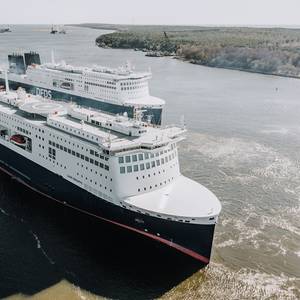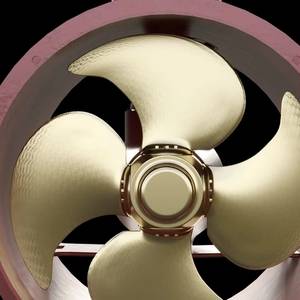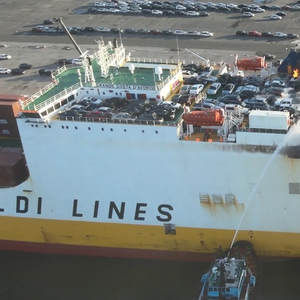
Safety management system procedures were not effectively implemented when the Spirit of Tasmania I’s second engineer was seriously injured in a fall during engine maintenance earlier this year, the final report from an Australian Transport Safety Bureau (ATSB) investigation confirmed.

DFDS and TT Line have entered into a space charter agreement on three ferry routes in the Baltic Sea. With the agreement, DFDS will increase the number of sailings offered between Klaipeda and Karlshamn, as well as bring new services to Trelleborg and Travemünde.Passenger and freight customers will be able to book all services connecting to and from Klaipeda

Kongsberg Maritime announced the launch of its new Tunnel Thruster type TTH, the Harmonised series, setting new standards in performance and reliability with a compact, modular design that allows for flexible installation and optimal integration into a wide range of vessel types.Key innovations include:Compact thruster design for easier hull integration and reduced installation footprintModular

The US National Transportation Safety Board (NTSB) has recommended that land-based firefighters be better prepared for marine vessel firefighting following a fatal fire on the roll-on/roll-off container vessel Grande Costa D’Avorio in Newark, New Jersey.The Grande Costa D’Avorio was docked at Port Newark on July 5, 2023